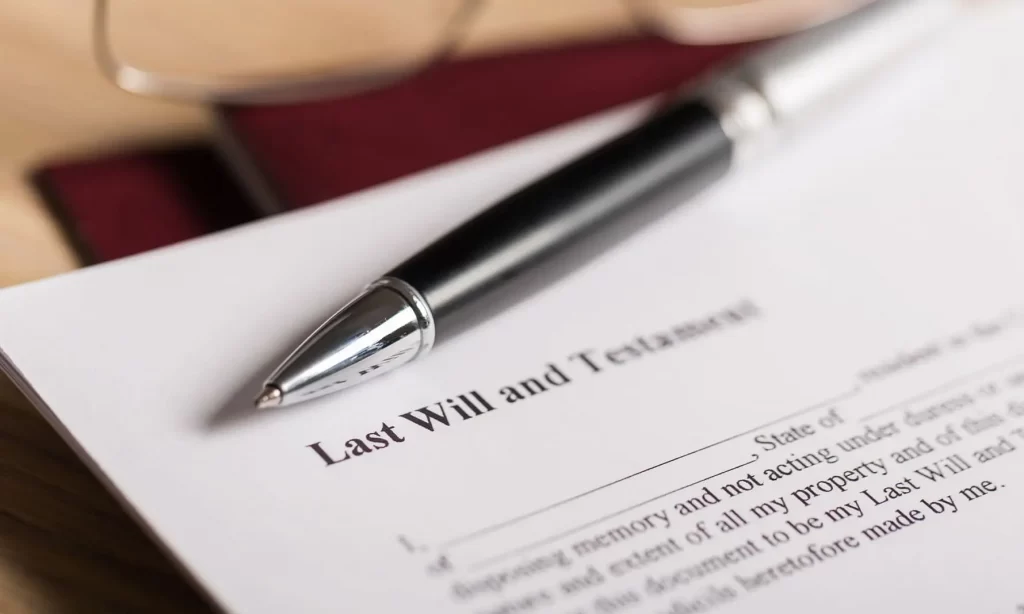In the unfortunate event of a person’s passing without a valid will, the distribution of their assets falls under state laws known as intestacy laws. These laws vary by jurisdiction, and in New York, they govern how the estate of a deceased individual is distributed when there is no will in place. Let’s delve into the specifics of intestate succession in New York and illustrate it with an example.

Intestate Succession in New York
In New York, intestate succession laws dictate how the deceased person’s assets are distributed among their surviving relatives. These laws prioritize the closest family members, such as spouses, children, parents, and siblings, in determining who inherits the estate.
Example Scenario: Patricia Hoi’s Estate
Consider the case of Patricia Hoi, a resident of New York who passed away without leaving a will. Patricia is survived by three children: Albert, Elena, and Chanel. However, Albert predeceased Patricia, and Elena passed away after Patricia. Additionally, Albert had three children, while Elena had two children.
Distribution of Patricia Hoi’s Estate
1. Chanel (Surviving Child): Since Patricia had no surviving spouse, her estate would be equally distributed among her surviving children. Therefore, Chanel would inherit one-third of Patricia’s estate.
2. Albert’s Children: As Albert predeceased Patricia, his share of the estate would pass to his descendants. Since Albert had three children, they would equally share their father’s portion. Each of Albert’s children would inherit one-third of Albert’s share of the estate.
3. Elena’s Estate: Elena, having passed away after Patricia, would not directly inherit from Patricia’s estate. However, Elena’s share of the estate would pass to her surviving descendants, her two children. Thus, Elena’s two children would equally share her portion of Patricia’s estate.
Appointment of Administrator
In cases where a deceased person does not leave a will, the court may appoint an administrator to oversee the distribution of the estate. In this scenario, since Patricia died without a will, Chanel, as her surviving child, would have priority of appointment as the administrator of Patricia’s estate. However, it’s essential to note that any of Patricia’s grandchildren, including Albert’s children and Elena’s children, may also petition the court for appointment as the administrator if Chanel chooses not to take on this responsibility.
Contact Schwartsman Law Group for Intestate Estate Inquiries
Navigating the complexities of intestate succession can be challenging, especially during times of emotional distress. If you have questions or require legal assistance regarding intestate estates in New York, the Schwartsman Law Group is here to help. Our experienced attorneys can provide guidance and support to ensure that the distribution of assets is handled according to New York state laws.
In conclusion, intestate succession laws in New York provide a framework for the distribution of assets when a person dies without a will. Understanding these laws is essential for ensuring that the deceased’s wishes are respected and that their estate is distributed fairly among their surviving relatives. If you find yourself in need of legal counsel regarding intestate estates in New York, don’t hesitate to reach out to the Schwartsman Law Group for expert assistance.


